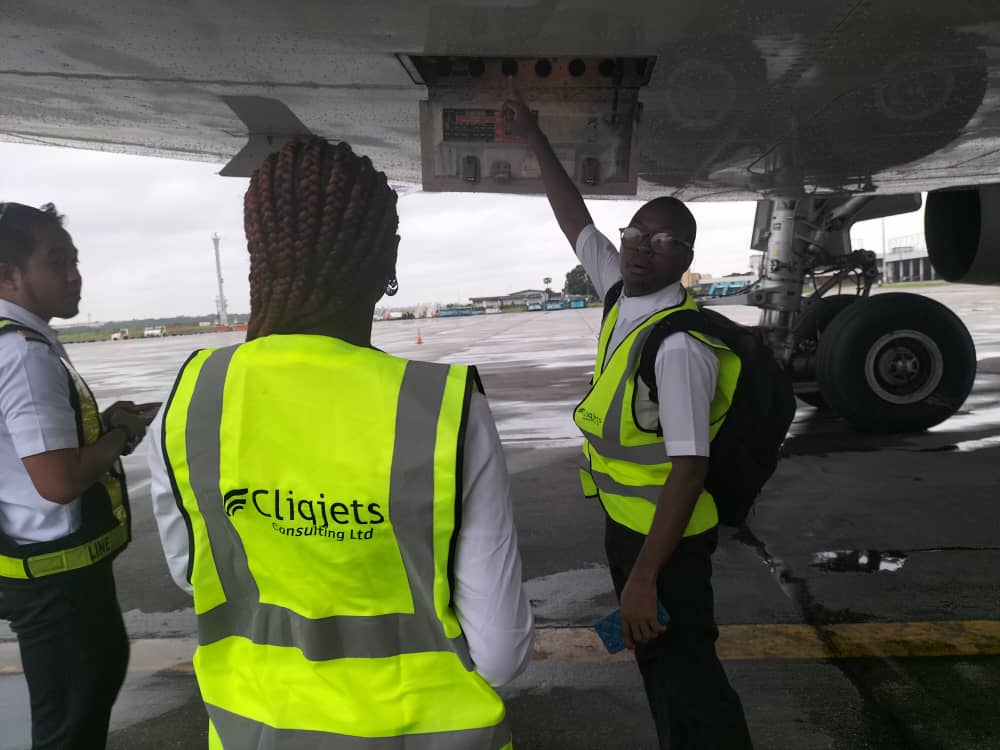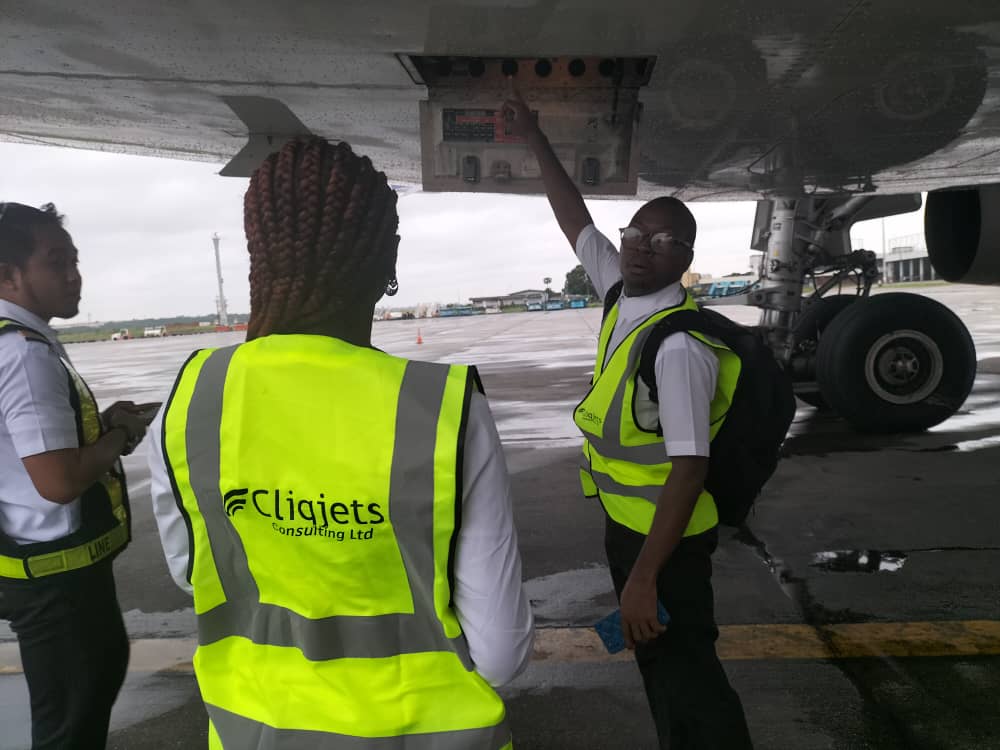linkedin.com/in/shadrachswantekambai


In the dynamic world of aviation, success lies in the hands of those who ensure the smooth operation of flights. While pilots and cabin crew receive well-deserved recognition, there is another crucial role that often remains in the shadows: flight dispatchers. These unsung heroes are responsible for coordinating flight plans, monitoring weather conditions, and ensuring the safety and efficiency of every journey. In Nigeria, the aviation industry stands to gain significantly by embracing flight dispatchers seeking on-the-job training opportunities.
Enhancing Safety and Efficiency
Flight dispatchers play a vital role in flight planning, monitoring weather conditions, and coordinating with pilots and air traffic control. Embracing on-the-job training for dispatchers enables them to gain practical experience, which enhances their ability to make informed decisions in real-time scenarios. This, in turn, contributes to enhanced safety and operational efficiency, reducing potential risks and delays
Local Talent Development
By providing opportunities for on-the-job training to aspiring Nigerian flight dispatchers, airlines can nurture local talent and contribute to the growth of the aviation industry. Empowering homegrown professionals in this field fosters a sense of ownership and pride, ultimately leading to improved service quality and operational excellence




Cost-Effective Solution
Training flight dispatchers on-the-job can be a cost-effective alternative to sending them abroad for specialized training programs. Embracing local training opportunities can reduce expenses associated with travel, accommodation, and external training courses. Nigerian airlines can invest those savings into other areas, such as upgrading infrastructure or enhancing passenger experiences.
Strengthening the Workforce
Airlines that embrace on-the-job training for flight dispatchers contribute to building a skilled workforce capable of meeting the demands of the rapidly growing Nigerian aviation industry. By nurturing and retaining talented individuals within the country, airlines can establish a sustainable talent pipeline, reducing dependence on foreign expertise and ensuring long-term success.
Conclusion
Embracing flight dispatchers’ on-the-job training opportunities is a win-win situation for Nigerian airlines and the aviation industry as a whole. It fosters safety, operational efficiency, and cost-effectiveness, while simultaneously nurturing local talent and strengthening the workforce. By recognizing the importance of investing in the development of flight dispatchers, Nigerian airlines can soar to new heights and contribute to the growth and success of the country’s aviation sector.






true ,cuz a lot of fd out there are struggling to get OJT placements
Thanks for the comment